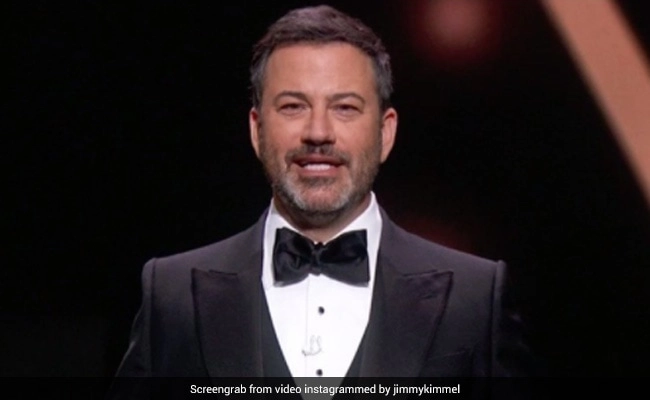In a significant political move, Democrats have introduced a new bill aimed at safeguarding free speech, which has garnered attention in the wake of the temporary suspension of late-night talk show host Jimmy Kimmel. The initiative comes at a time when debates surrounding the boundaries of free expression are more pertinent than ever, particularly in the entertainment industry. Kimmel’s suspension, triggered by a controversial segment, has sparked discussions about censorship and the role of media in shaping public discourse. The Democrats’ bill seeks to reinforce the principles of free speech, ensuring that individuals, including those in media, can express their opinions without fear of retaliation or censorship.
This legislation is not only a response to Kimmel’s situation but also a broader acknowledgment of the increasing pressures faced by public figures and artists. The bill aims to protect creative individuals from punitive measures that may arise due to their expressions, particularly when those expressions challenge prevailing norms or political sentiments. The timing of the bill’s introduction highlights the Democrats’ commitment to defending constitutional rights amid an atmosphere that some perceive as increasingly hostile to dissenting voices. By framing the legislation within the context of Kimmel’s suspension, lawmakers hope to draw attention to the importance of maintaining a robust dialogue in society.
Critics of the bill argue that it may inadvertently shield individuals from accountability for their statements, complicating the already nuanced conversation about free speech in the media landscape. Nonetheless, supporters assert that the measure is essential for fostering an environment where diverse viewpoints can coexist, especially in a time marked by heightened political polarization. The introduction of this bill reflects a growing recognition among lawmakers that the principles of free speech must be actively defended, particularly against the backdrop of recent controversies that have led to calls for more stringent controls over public expression. As the debate unfolds, it remains to be seen how this legislation will be received across the political spectrum and what implications it may have for the future of media and public discourse.




